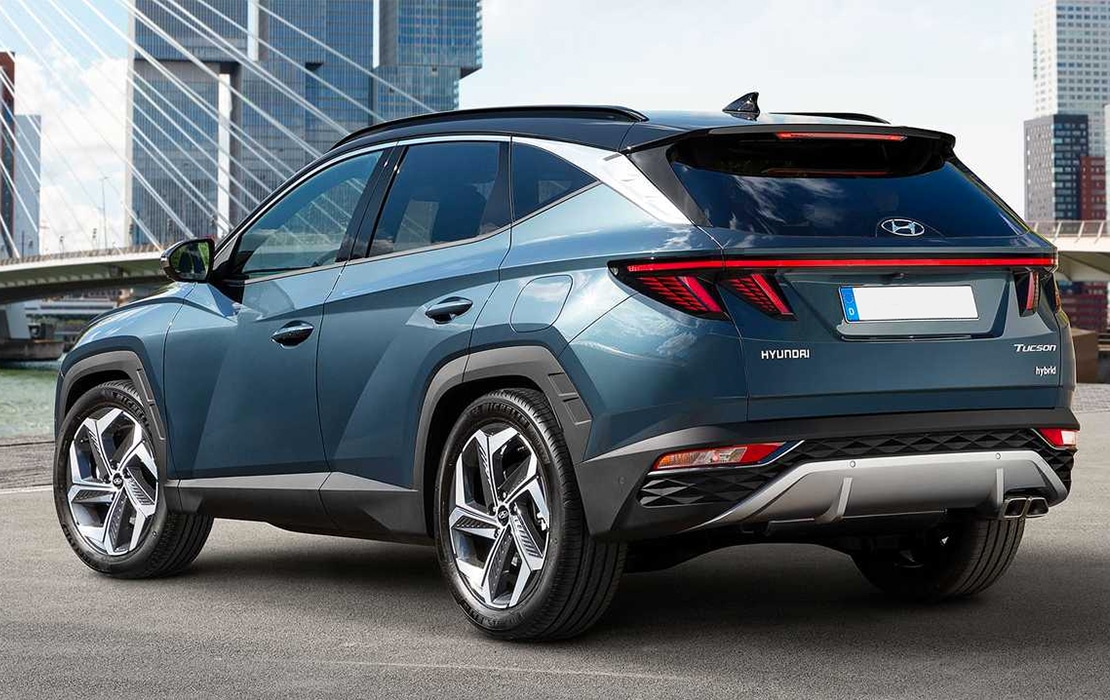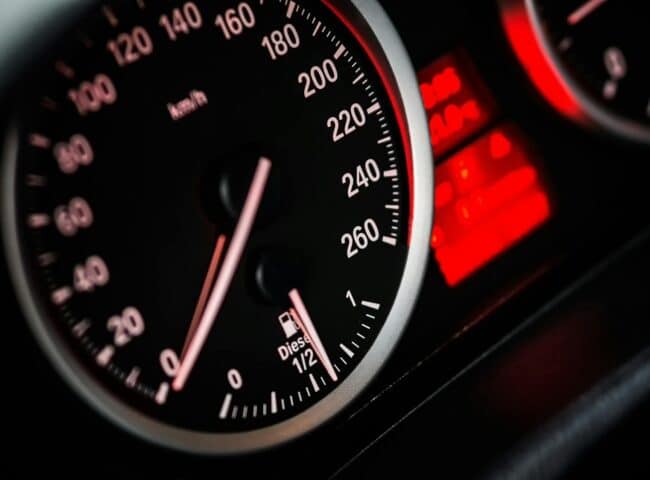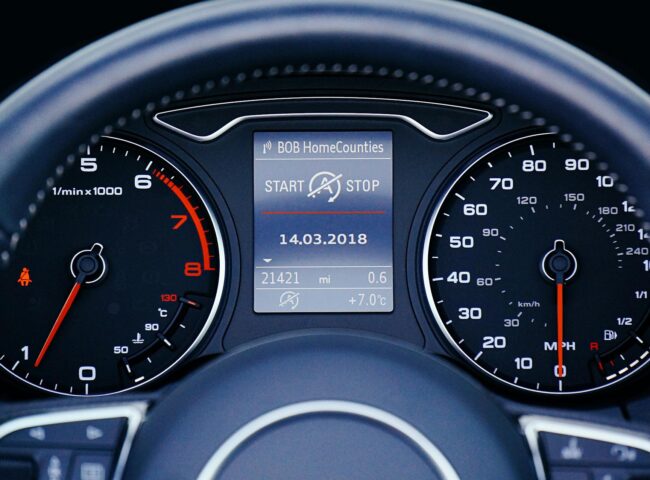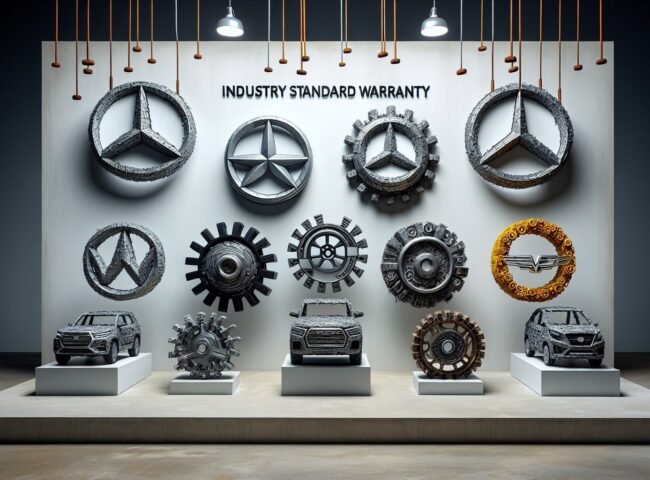Selecting the right auto warranty requires understanding the different types of auto warranties available. Factory warranties, extended warranties, and specialized coverage each offer distinct benefits. This guide will explore the nuances of these options, helping you navigate the types of auto warranties landscape to find the best fit for your car’s protection needs.
Key Takeaways
- Car warranties include manufacturer’s (new car) and extended warranties, with specialty options like rust and emission warranties providing tailored protection for specific issues.
- Differences exist between manufacturer extended warranties, which use OEM parts and are serviced at dealerships, and aftermarket warranties, which cover older and high-mileage vehicles and offer flexibility in repair shop choice.
- When choosing a warranty, it’s important to consider vehicle age, driving habits, cost-benefit analysis, and warranty provider reputation; extended warranties should be timed to prevent coverage gaps.
Exploring the Spectrum of Car Warranties

Car warranties come in a variety of forms, each designed to offer protection against different potential issues. The two main types are the manufacturer’s warranty, which comes with a new car, and the extended warranty available for purchase after the factory warranty ends. These warranties cover repair costs due to component failure, with the extent of coverage varying based on the type of warranty. However, the story doesn’t end there.
Venturing beyond the basics, there are specialty warranties, such as rust and corrosion warranty, battery warranties, and the California emission control warranty. These warranties offer protection against specific issues, providing comprehensive coverage for your vehicle. Grasping the differences between these warranties is pivotal in making informed decisions about your vehicle’s best protection.
Understanding Your Factory Warranty
A factory warranty, as the name suggests, is provided by the auto manufacturers and serves as a guarantee that the vehicle is in proper working condition at the time of purchase. This warranty covers most vehicle systems, and it vouches for the vehicle’s quality and reliability. The warranty covers costs of repairs and replacements if the vehicle experiences malfunctions or breakages due to manufacturer fault, excluding issues caused by the owner.
However, to qualify for car repairs under a factory warranty, owners must follow the car manufacturer’s recommended maintenance schedule, and repairs need to be conducted at authorized dealership service centers drivers trust to maintain the warranty’s validity.
The factory warranty serves as your primary shield against unforeseen repair costs and warrants attention when buying a new vehicle.
Navigating Through Extended Car Warranty Options
An extended car warranty, also known as a vehicle service contract or an extended auto warranty, comes into play when your factory warranty expires. Extended warranties cover:
- Essential components like the engine, transmission, and other drive components
- Many high-tech car features that can be expensive to fix
- Issues not included in the original factory warranty
These warranties can be purchased from both manufacturers or third-party vendors and typically need to be obtained before the original factory warranty expires. The extended warranty’s coverage can prove invaluable, particularly as vehicles become more technologically advanced, escalating the number of components susceptible to breakdown not covered by a powertrain warranty.
Specialty Warranties: Beyond the Basics
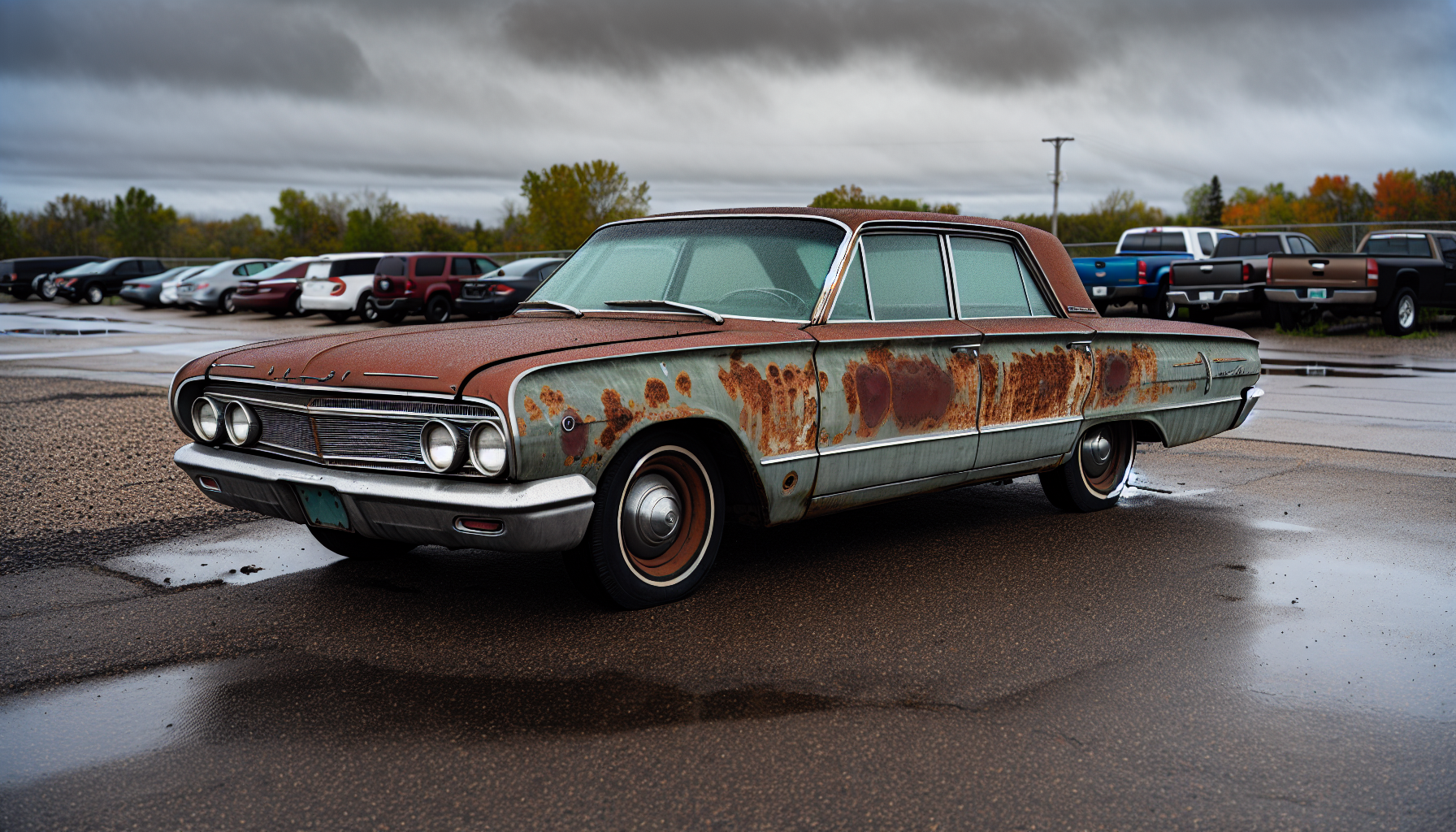
For those seeking additional protection, specialty warranties offer coverage tailored to specific issues. This includes the Rust and Corrosion Coverage warranties, designed to protect against significant rust damage, which can compromise the structural integrity of a vehicle. Coverage provided by these warranties is typically restricted to the repair of sections where rust has penetrated through the metal and may exclude certain areas of the car.
Another type of specialty warranty is the emissions warranty, which covers repairs related to vehicle emission systems and is often included within the basic warranty package or offered as separate coverage. A specialized form of this is the California Emission Control Warranty, which meets the stringent state standards set by California for vehicle emissions. These specialty warranties extend protection beyond the basic, guaranteeing comprehensive coverage for your vehicle.
Distinguishing Between Manufacturer and Aftermarket Warranties

Although you may now understand the basic types of warranties, it’s equally important to distinguish between manufacturer and aftermarket warranties. Both of these types of extended warranties offer additional coverage beyond the factory warranty, but they differ significantly in terms of their benefits and limitations.
Manufacturer warranties are comprehensive, covering all components unless specifically excluded. They provide a broad safety net against vehicle breakdowns. On the other hand, aftermarket warranties can sometimes have limitations, such as a less streamlined claim processing experience and potential restrictions on the selection of repair shops.
Comprehending these distinctions aids in making an informed decision about the warranty type best suited to your needs.
Perks of Manufacturer Extended Warranties
Manufacturer extended warranties come with several perks, one of the most important being the assurance of using original equipment manufacturer (OEM) parts for repairs. This ensures that the parts used for repairs are of high quality and specifically designed for your vehicle.
Besides, repairs under manufacturer extended warranties offer the following benefits:
- They are conducted exclusively at dealership service centers.
- The payment and documentation process is streamlined for the car owner as the dealership manages all aspects of these processes.
- This can save significant time and avoid unnecessary hassle, rendering a manufacturer extended warranty a practical choice.
Advantages of Choosing Aftermarket Warranties
While manufacturer extended warranties have their advantages, aftermarket warranties hold their own unique benefits. Here are some reasons why aftermarket warranties, such as those from Endurance and CarShield, are a good choice:
- They can cover vehicles up to 20 years old, making them an ideal choice for owners of used cars.
- They offer plans for vehicles with high mileage.
- They provide specialty coverage options for a variety of vehicles, including motorcycles, ATVs, and electric vehicles.
The benefits of aftermarket warranties include:
- Negotiable price, providing an opportunity for car owners to secure a better deal or acquire additional benefits without extra costs
- Significant savings on repairs by allowing car owners to make affordable monthly payments instead of paying added fees upfront
- Liberty to select any certified repair facility for service, enhancing the attractiveness of aftermarket warranties.
Additional Coverage Details in Auto Warranties
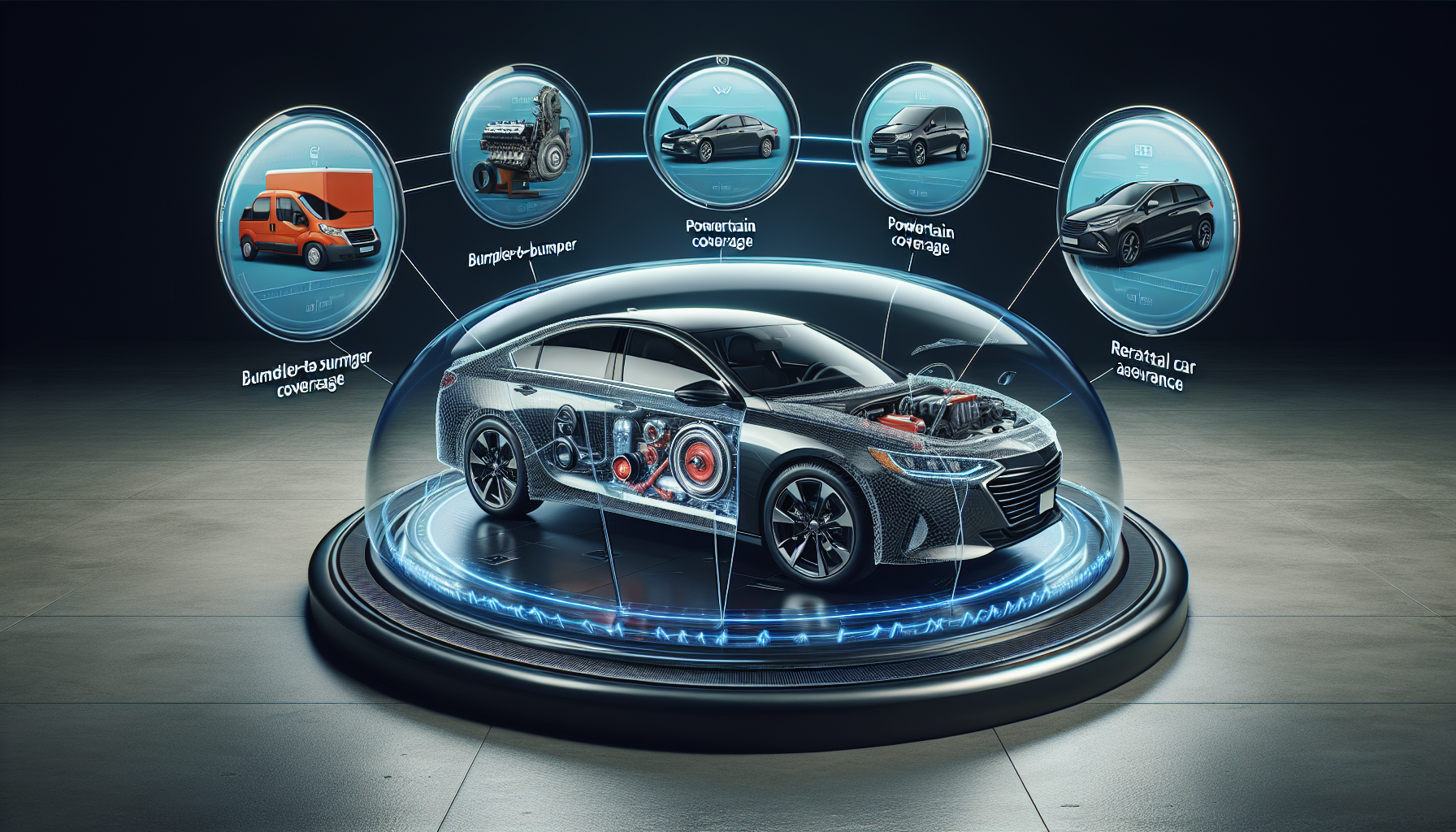
Delving deeper into the coverage details in auto warranties, we see that these contracts can cover a wide variety of components and issues. Factory warranties, or new vehicle limited warranties, commonly include bumper-to-bumper coverage, which is the most comprehensive and covers most vehicle systems and parts except for routine maintenance services and wear-and-tear parts. With a bumper to bumper warranty, you can have peace of mind knowing that your car warranty covers repairs and your vehicle is protected.
However, the specifics of factory warranty coverage can differ extensively among auto manufacturers, with each setting their own terms and inclusions that might include maintenance, corrosion, and emissions coverage. Powertrain warranties specifically protect the components responsible for propelling the vehicle, including the engine, transmission, and drive systems.
What’s Typically Covered?
To understand what’s typically covered, it’s important to differentiate between levels of coverage. For instance, mechanical breakdown coverage is less comprehensive than bumper-to-bumper coverage, which covers most vehicle systems. Car warranties can cover a range of electronic components such as adaptive lighting control systems, OEM audio systems, and safety systems like autonomous driving functions and lane keep assist.
Extended warranties can provide coverage for the following systems in your vehicle:
- Wi-Fi data connection
- Bluetooth
- Media systems
- Safety systems
- Convenience systems, including parking assistance and keyless access
Comprehending what’s included assists in selecting a warranty that optimally fits your vehicle’s requirements.
Extra Benefits Worth Considering
Beyond the typical coverage, some auto warranties offer extra benefits that can add value to your contract. For instance, roadside assistance, a common perk included in car warranties, offers services such as towing or tire changes if your car breaks down on the road. Some plans even come with a customer advocacy team to support clients with any claims dissatisfaction.
Another beneficial feature is rental car reimbursement coverage, which compensates for the cost of renting another vehicle while your insured car is under repair. This type of coverage typically comes with a daily or total reimbursement cap. Some providers even offer trip interruption coverage that reimburses you for expenses like meals and lodging in the event of a breakdown far from home. These supplementary benefits can confer additional tranquility and comfort.
How to Select the Right Car Warranty for You

Having a clear comprehension of the various types of car warranties and their coverage, the subsequent crucial step involves choosing the appropriate car warranty for your requirements. This involves several factors, such as assessing your vehicle’s age and condition, understanding your driving habits, and identifying your financial constraints.
Evaluating the cost of the warranty versus potential repair costs is important to consider the cost-benefit ratio. For instance, if you drive frequently or have a high annual mileage, a more comprehensive warranty may provide peace of mind against wear and tear. On the other hand, drivers with low annual mileage may opt for a less expensive warranty with more limited coverage.
Evaluating Car Warranty Companies
Once you’ve determined the type of warranty you need, the next critical step is to evaluate the warranty providers. This involves checking their ratings, reviews, and testimonials. Companies with excellent reputations, often reflected by high Better Business Bureau ratings, are more likely to offer reliable services and honor their coverage terms.
Positive customer responses and testimonials signify a warranty provider’s dependability. For instance, Protect My Car is a top consumer-rated warranty provider backed by high BBB ratings, demonstrating how a positive reputation can impact consumer trust.
Weighing Cost Against Coverage
Balancing the cost of a warranty against likely repair costs is pivotal in selecting the ideal warranty option. It’s important to consider the deductible required when repairs are needed, as higher deductibles can reduce the warranty’s upfront cost. However, always remember that a lower premium might mean less coverage.
The cost of an extended warranty varies by the make and model of the car, with higher costs typically associated with longer coverage terms. Assess your budget to determine what level of warranty you can afford without causing financial strain.
Transitioning From New Car to Extended Warranty Coverage
Now that you have a clear understanding of car warranties, the final step is understanding how to transition from a new car warranty to an extended warranty. This process involves a strategic approach to timing, confirming eligibility, and understanding the necessary steps to ensure continued protection for your vehicle.
To start the warranty extension process, you’ll need to:
- Identify your car’s manufacturer
- Submit pertinent information about your vehicle
- Provide proof that you meet the eligibility requirements for the extended warranty coverage
- Clearly define the scope of coverage you’re aiming to obtain.
Timing Your Warranty Purchase
Timing is crucial when it comes to purchasing an extended warranty. Ideally, you should purchase an extended warranty right before the factory warranty expires on a new car to avoid overlap of coverage. For used vehicles no longer under factory warranty, acquiring an extended warranty at the time of purchase provides immediate coverage and peace of mind.
It’s advantageous to secure an extended warranty before the existing warranty lapses, so as to prevent any gaps in coverage and to potentially benefit from more favorable terms. The moment you purchase your warranty can considerably influence your coverage and expenses.
Ensuring Eligibility and Continuity of Coverage
Confirming eligibility and uninterrupted coverage is vital during the transition from a new car warranty to an extended warranty. To be eligible for a manufacturer-issued extended warranty, typically the warranty must be purchased before the expiration of the original factory warranty. However, third-party warranties provide greater flexibility, allowing vehicle owners to purchase extended coverage at any time, including after the factory warranty has ended.
When considering an extended warranty, it’s important to check the vehicle’s eligibility, particularly paying attention to any parts or conditions that may be excluded from coverage. To avoid any gaps in coverage and the associated out-of-pocket expenses for repairs, owners should arrange for an extended warranty before the current warranty lapses.
Summary
Understanding the spectrum of car warranties is essential in protecting your vehicle and avoiding unexpected repair costs. From factory warranties that offer protection as soon as you drive off the dealership lot to extended warranties that safeguard older vehicles, each type serves a unique purpose. Specialty warranties add an additional layer of coverage, protecting against specific issues like rust damage and emission system repairs.
Choosing the right car warranty requires careful consideration of your vehicle’s age and condition, your driving habits, and your financial constraints. It also involves evaluating warranty providers and weighing the cost of the warranty against potential repair costs. With this comprehensive guide, you are well-equipped to navigate the world of car warranties and select the best protection for your vehicle.
Frequently Asked Questions
Is basic warranty or extended warranty better?
An extended warranty may help cover certain repairs when the manufacturer’s warranty expires, but they can be costly and may not cover all potential issues. Consider your vehicle’s needs and your budget before deciding.
What does 3 year 36000 mile warranty mean?
A 3 year 36000 mile warranty typically provides bumper-to-bumper coverage for your vehicle, including major systems and components, for the first three years of ownership or the first 36,000 miles, whichever comes first. This warranty includes towing and is transferable.
What are the top five car warranties?
The top five car warranties are offered by different brands and can be compared for their coverage and price to find the best one that suits your needs. Consider looking into extended car warranty companies for the best options.
What’s the difference between a factory warranty and an extended warranty?
The main difference between a factory warranty and an extended warranty is that a factory warranty is provided by the manufacturer and covers most vehicle systems, while an extended warranty is a separate contract purchased after the factory warranty expires, covering additional components. Therefore, the factory warranty is more inherent to the purchase of the vehicle, while an extended warranty is an additional purchase.
Are all repairs covered under a factory warranty?
No, a factory warranty usually covers most vehicle systems for repairs and replacements due to manufacturer fault, but it doesn’t cover issues caused by the owner or routine maintenance services.
